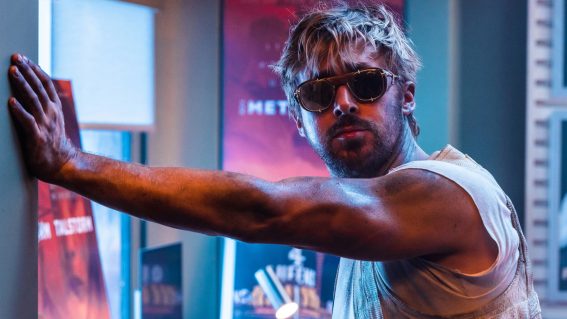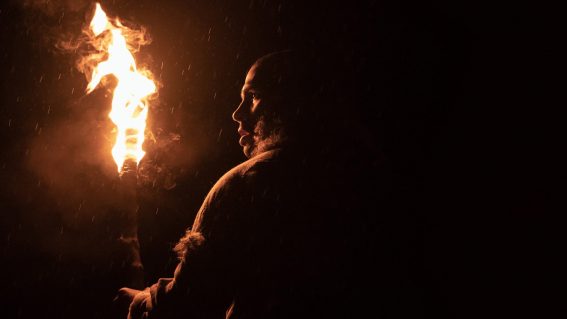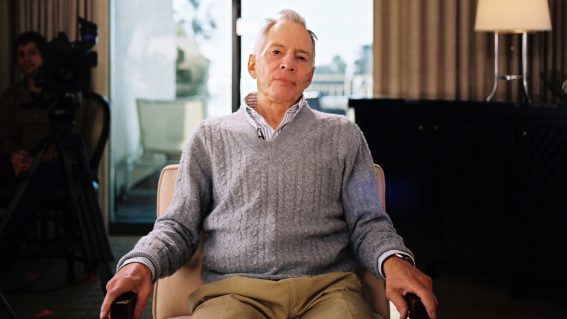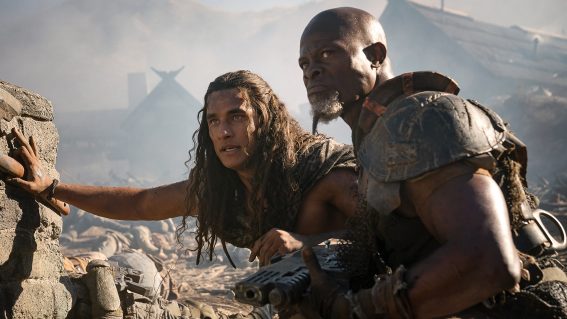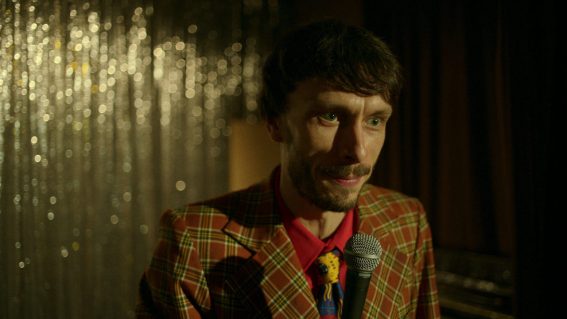Review: Tesla

Ethan Hawke delivers yet another fine performance as the titular Croation inventor in Tesla, a biopic with high-flying artsy flourishes. Here’s critic Travis Johnson’s review.
Do we need another account of Croatian inventor Nikola Tesla’s life? Once obscure to all but the most tech-obsessed, he’s now a well-known figure. We just saw Nicholas Hoult portray him in last year’s The Current War, an account of the rivalry between early electricity impresarios George Westinghouse and Thomas Edison. Heck, he’s got a car named after him. What can a new cinematic take give us that 20 minutes on Wikipedia couldn’t?
Plenty, thanks to arthouse filmmaker Michael Almereyda (Nadja, Hamlet), who takes a postmodern approach to the historical facts of Tesla’s life, filtering dry detail through experimental sensibilities to give us what Werner Herzog might call the “ecstatic truth” of Tesla’s life. To be clear, the historical Tesla never sang Everybody Wants to Rule the World by Tears for Fears. Here, as played by Ethan Hawke, he does, and the film is better for it.
Almereyda is trying not just to give us an account of Tesla’s life and work, but an impression of how he informs our contemporary world—and if the facts need to be zhuzhed to that end, well, like I said, there’s always Wikipedia.
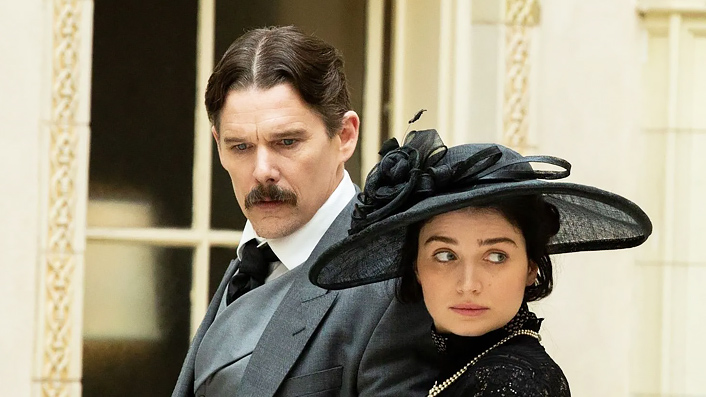
Which our narrator refers to, as well as Google. Seated at an anachronistic MacBook, Anne Morgan (Eve Hewson), in real-life a friend of Tesla’s and daughter of the magnate J.P. Morgan, one of the inventor’s benefactors, tells us that Googling Tesla brings up just four photographs of him, infinitely re-edited and repurposed.
From there she guides through 16 or so key years in Tesla’s life, from his 1884 arrival in the United States and early work for Edison (played to smug perfection by Kyle MacLachlan), through his ground-breaking work on alternating current electricity and more esoteric investigations into stuff like wireless power transmission (Tesla is the go-to for science-fiction-focused conspiracy theorists for good reason). The narrative continues until the turn of the century when his financial backers deserted him, leaving Tesla outcast and impoverished until his 1943 death.
Which sounds tragic—and there is certainly an element of pathos to the proceedings here—but Almereyda prefers to celebrate the very idea of Tesla: the fey, near-mystic, possibly insane genius who, ignored and sidelined in his own lifetime, nonetheless dreamed the future into being. It’s a “print the legend” approach, with narrator Morgan advising us at a number of points that what we have just been shown probably didn’t happen that way, but implying that the abstracted dramatisation is more “real” than the dusty facts of actual history.
At the centre of it all is Hawke delivering another absolutely fearless turn as the title character. After this, The Good Lord Bird and First Reformed is there any doubt that he’s one of the best, most versatile actors working right now? His Tesla is something of a lost and lonely figure, often submerged in his own thoughts, awkward in social interaction and clearly operating on a different plane to everyone around him. Hawke also captures something of Tesla’s awkward, gangly physicality, his very posture making him seem at odds with the world he’s forced to move through. It’s a great performance.
Which may not be enough for some viewers who may be put off by the film’s artsy flourishes but surely, we’ve had enough rote and worthy biopics for now? Not all of Tesla’s stylistic indulgences succeed, but for audiences open to a bit of high-flying experimentation, this film will certainly strike sparks.

